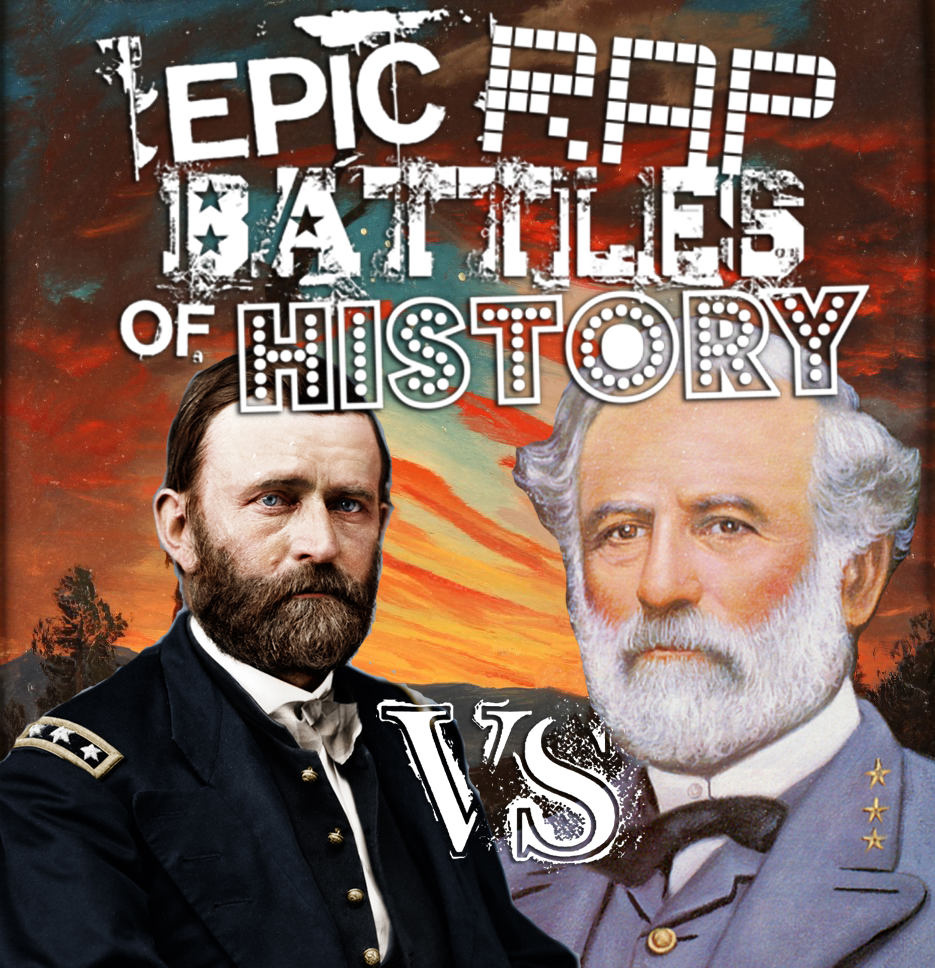

Johnson then tells the story of the battle of the Wilderness from Grant's perspective and concludes the chapter with the soldiers of the Army of the Potomac realizing that a very different type of general was in control of their movements. Only then did Lee begin to realize that Grant was unlike previous Union generals in the East. At the end of the battle, Lee reacted to reports that Grant was moving toward Spotsylvania Court House by moving his own army toward Spotsylvania. In chapter 3, Johnson plunges into a straightforward account of the battle of the Wilderness from Lee's perspective. Lee, however, never fully understood Grant. Grant's arrival in the East, though heralded in Washington, D.C., did not impress the cynical veterans of the Army of the Potomac, but Abraham Lincoln trusted Grant. During the war, both Grant and Lee learned that wars were won with offensive campaigns.

Grant inherited his determination from his father and patterned his military persona after the methods and manners of Scott and Zachary Taylor, his commanders in the U.S.-Mexican War. Though Lee never lost his devotion to Virginia, which he learned from his father, Henry "Light-Horse Harry" Lee, he was anxious to avoid imitating his father's undisciplined life and was eager to emulate the brilliance and bearing of General Scott. Both did well in the U.S.-Mexican War, but Lee's achievements as a member of General Winfield Scott's personal staff were more prominent. Chapter 1 presents the formative factors in Grant's and Lee's prewar lives. Each chapter begins with an ongoing vignette about events surrounding the surrender at Appomattox before shifting back to the main narrative. David Alan Johnson, the author of several popular works on the Civil War and World War II, has written a highly readable account of the contest between Ulysses S.


 0 kommentar(er)
0 kommentar(er)
